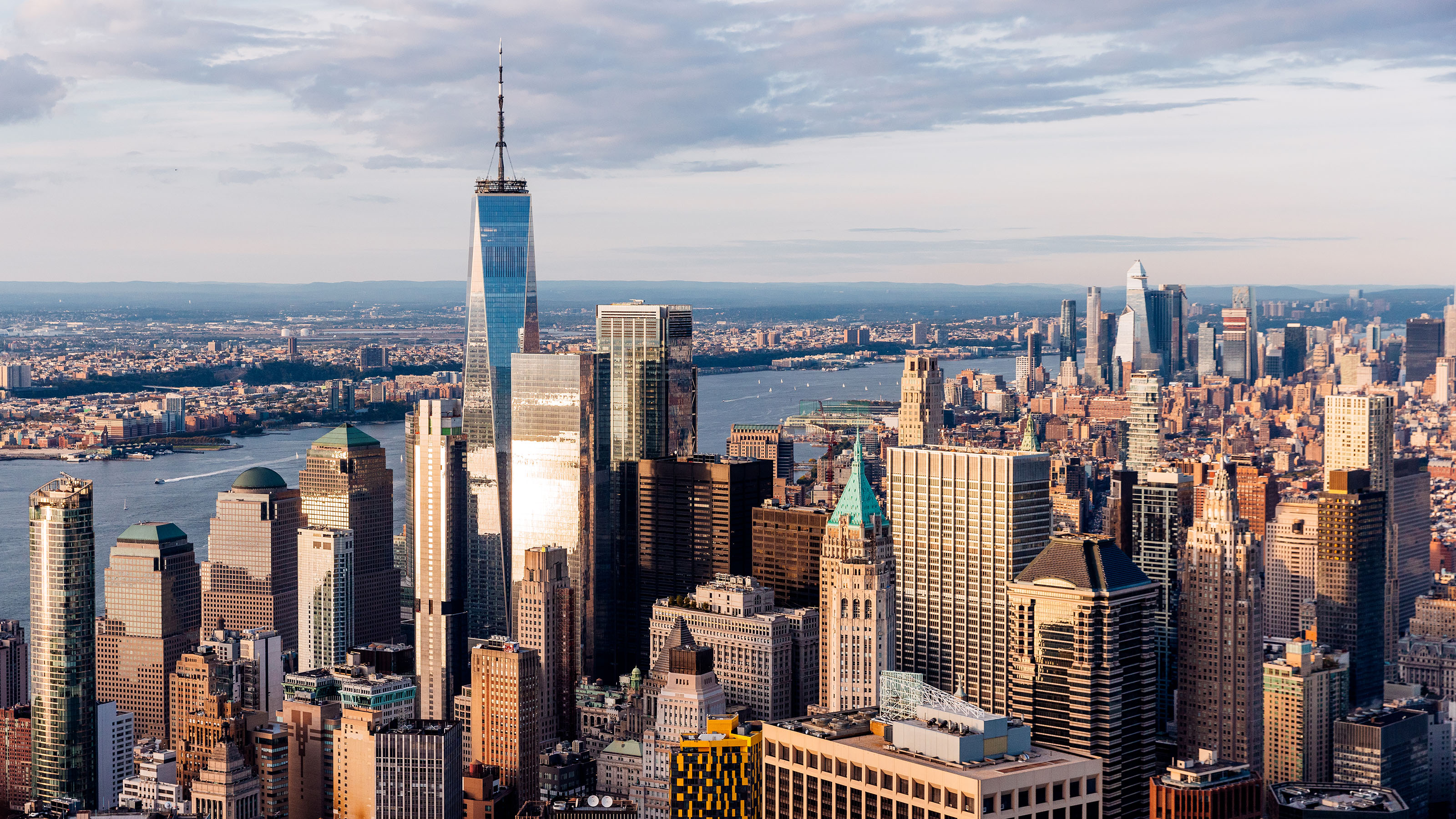
Taxes in New York may just get worse.
State lawmakers argue that New York City’s congestion pricing won’t be enough to cover the Metropolitan Transportation Authority's (MTA) $33 billion budget deficit, which could mean more taxes and fees could be coming for New Yorkers wallets.
The discussions come barely a week after city commuters were slammed by New York City’s congestion pricing, which is expected to bring in nearly $15 billion in projects for subways and buses in the city. Anyone driving into Manhattan’s Central Business District south of 60th Street must pay a new toll of $9 – the toll structure is expected to increase over six years.
To say the least, commuters aren’t happy.
Despite the controversial new tax, MTA funding remains billions of dollars in the red. While NY Gov. Kathy Hochul told reporters this week that raising taxes would be a last resort, state lawmakers argue differently.
“You got to get revenue from somewhere,” said NY State Assembly Speaker Carl Heastie.
Here’s what you should know about the MTA’s budget gap and how it may come to impact your tax situation in the Big Apple.
New York’s $33 billion-dollar budget shortfall
New York legislative leaders shot down the MTA’s $65 billion capital plan on Christmas Eve, forcing negotiations to reconvene this month.
State Assembly and Senate leaders cited the rejection of the five-year capital plan for the Metropolitan Transportation Authority was due to a failure to address where revenue funding for $33 billion of the $65 billion would come from.
The concerns come after MTA officials signed off on a new construction plan in September, scheduled to run from 2025 to 2029. The plan, estimated to be worth $33 billion, focuses on repairing and expanding the MTA’s infrastructure. Some changes include:
- Repairing structurally unsound stations
- Address aging elevated tracks and tunnel
- Add 2,000 new subway and commuter railroad train cars
Most critical, would be the construction of a proposed 14-mile Interborough Express light rail line between Brooklyn and Queens. Hochul’s project aims to provide connections to up to 17 subway lines, reducing travel times between the boroughs by 30 minutes to the 40 million riders each year.
Gov. Hochul is expected to announce this year’s budget plans in her State Address on January 14 and has repeatedly pledged not to raise taxes in 2025. However, several state lawmakers aren’t sure the governor can keep that promise.
“It’s not good PR to have another tax proposed on the heels of the new congestion charge, but it’s reality,” NY State Senator Brad Hoylman-Segal told CBS News.
Still, there will be open debate among lawmakers and the governor over MTA’s future funding to sustain these projects.
Congestion pricing also hits New Yorkers
The last thing New Yorkers want to be worried about is more taxes.
As reported by Kiplinger, the city is levying congestion pricing on commuters traveling within Manhattan lower district, south of 60th Street. The nation’s first-of-its-kind congestion tax aims to relieve the gridlock downtown and air pollution in the city.
It’s also meant to encourge the use of the city’s public transit system, and fund around $15 billion of MTA improvements.
As of January 5, commuters are paying a $9 toll for cars and $4.50 for motorcycles. Commercial trucks pay $14.40, while large multi-unit trucks and tour buses will be charged $21.60.
Even app-based services like Ubers and taxis will face a toll while entering the designated congestion zone.
The measure was passed against all odds, as NY’s congestion pricing still faces multiple lawsuits.
Will New York taxes increase in 2025?
As New Yorkers digest the recent addition of congestion pricing, it remains to be seen if they should brace for higher taxes.
It appears that Gov. Hochul is doubling down on her promise to not raise taxes, however the $33 billion MTA funding gap needs to be filled by some revenue stream. For state lawmakers, raising taxes and other fees isn’t off the table.
While the MTA won’t immediately feel the impact of the budget stall, commuters have already complained of deteriorating infrastructure, delays, and public safety. Asking New Yorkers for more taxes would be yet another financial blow.
New York’s budget negotiations are still ongoing, which may include some positives like tripling the Empire Child Tax Credit. So stay informed, the outcome may just impact your wallet or commute.







